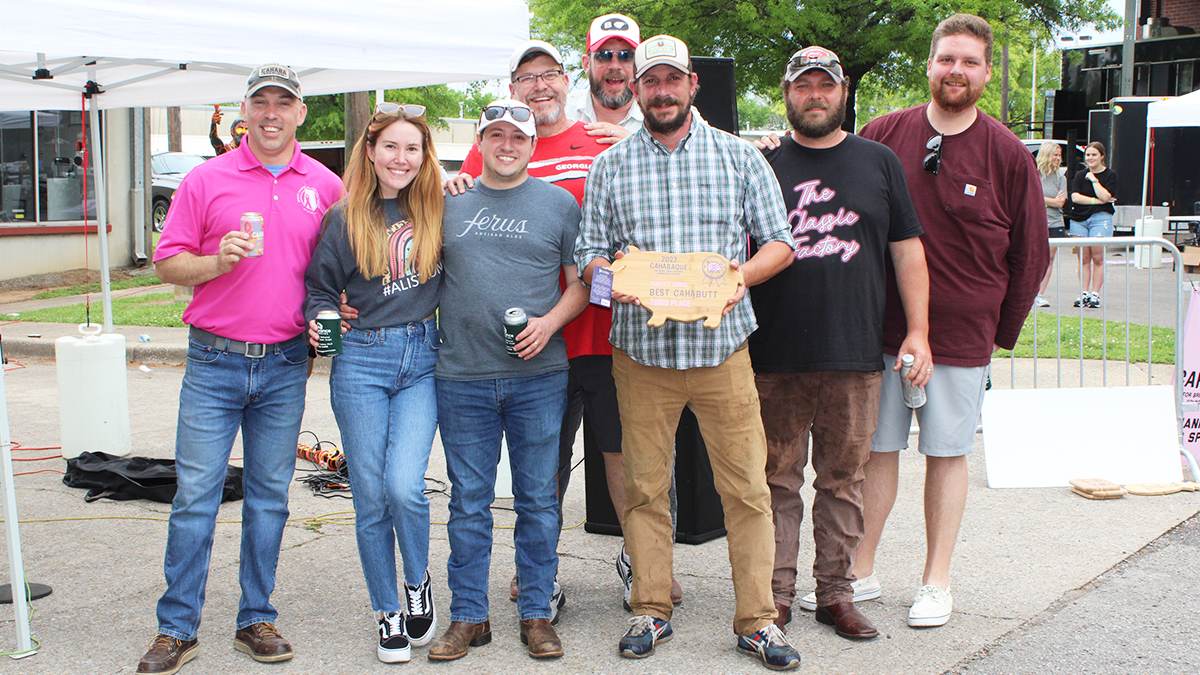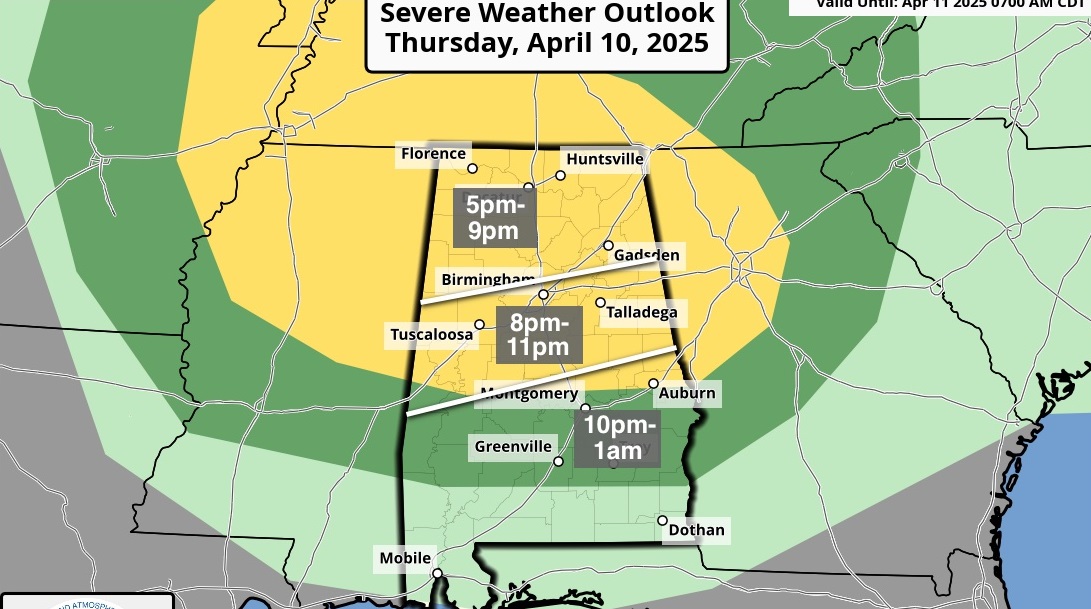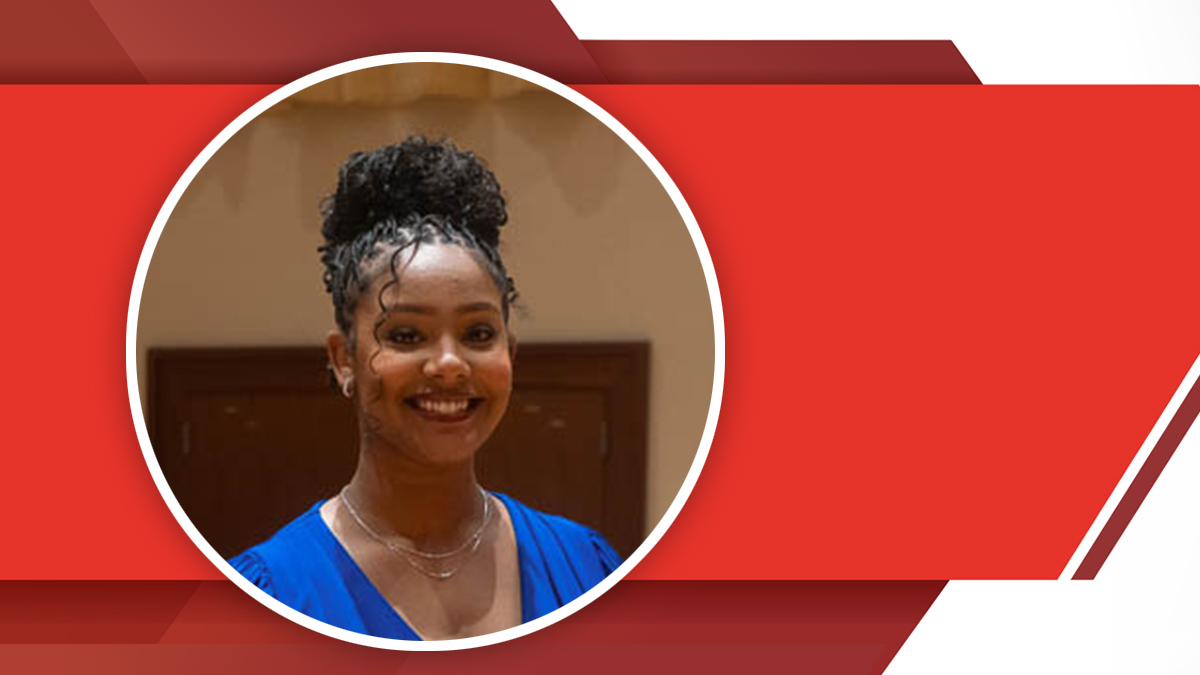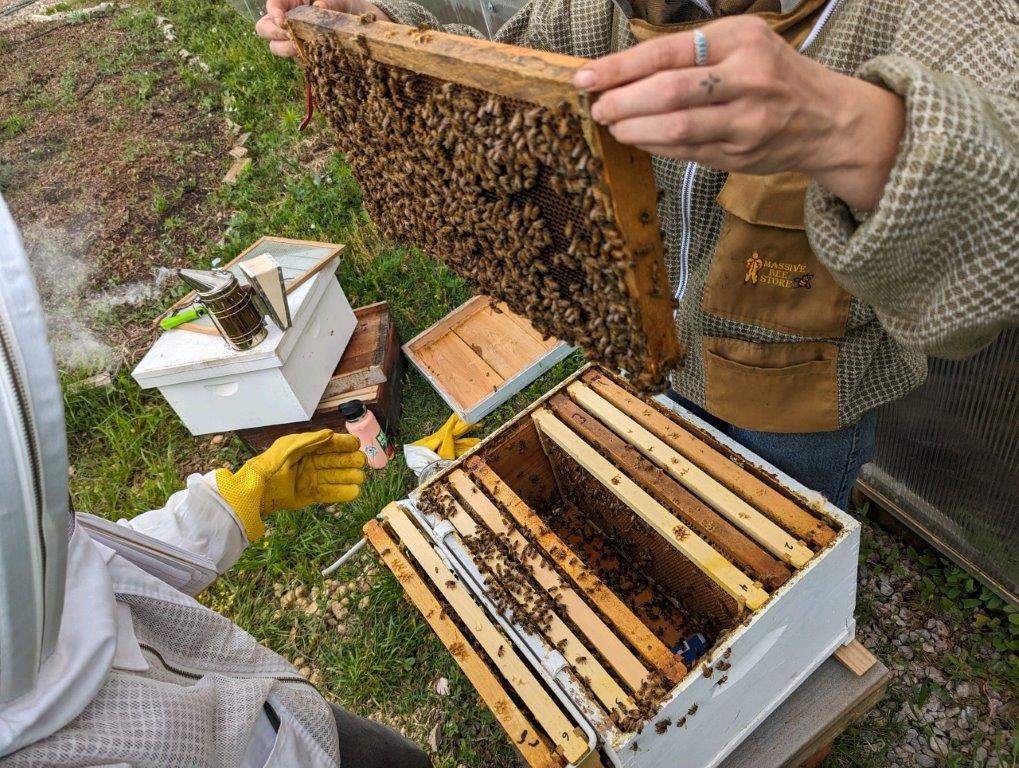Black Belt Community Foundation is an Alabama Bright Light of hope, healing
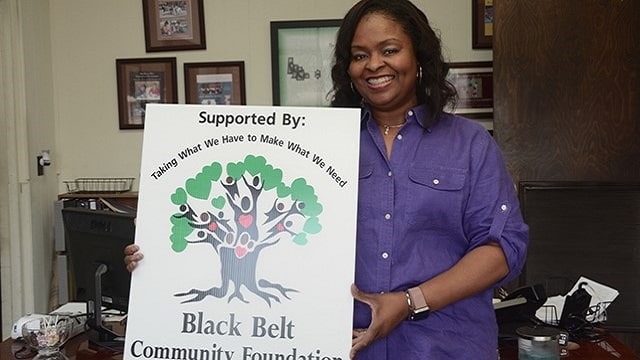
The Black Belt Community Foundation's Felecia Lucky is ready to put a $3 million grant toward the transformation of Selma and the region that surrounds it. (Karim Shamsi-Basha/Alabama NewsCenter)
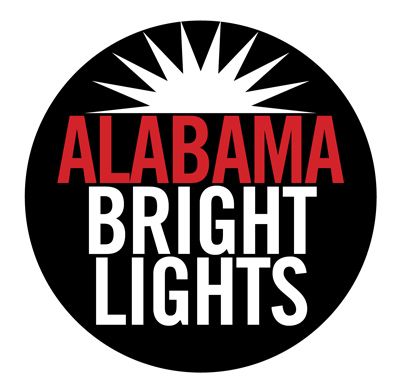 Felecia Lucky, president of the Black Belt Community Foundation (BBCF), has had big dreams for the area of south central Alabama known as the Black Belt. Some of those dreams had to wait.
Felecia Lucky, president of the Black Belt Community Foundation (BBCF), has had big dreams for the area of south central Alabama known as the Black Belt. Some of those dreams had to wait.
But funding has arrived to accomplish a few of those dreams.
The W.K. Kellogg Foundation recently awarded the BBCF a $3 million grant as its official Truth, Racial Healing & Transformation partner. As part of this grant, the BBCF will support the Selma Center for Nonviolence, Truth and Reconciliation headed by Ainka Jackson.
“I am very excited to receive this grant from the Kellogg Foundation,” Lucky said. “I’ve been doing this work for 14 years across what most people call Alabama’s distressed counties, but I call them counties of opportunity. Counties that have not been invested in on a national level. We work hard to bring in resources and to bridge the gap in our communities.”
Black Belt Community Foundation aims to kick-start region’s transformation from Alabama NewsCenter on Vimeo.
The BBCF had a conference recently with people from the Selma Center for Nonviolence, Truth and Reconciliation, and a representative from the Kellogg Foundation, Mee Moua, was present.
“I’m here to finalize a strategic planning process on how they’re going to implement truth, racial healing and transformation here in Selma,” Moua said. “Selma is one of 14 grantees among cities like Los Angeles; Buffalo, New York; New Orleans and several others.”
Selma is the smallest city to receive a Kellogg grant. Lucky has big plans.
“We have so much work to do, and we couldn’t find a better partner than the Selma Center for Nonviolence, Truth and Reconciliation,” Lucky said. “Selma is home for me. The Black Belt was where I was born and raised. I love being here. I can see it being transformed into the rich place it can be.”
For Jackson, the Selma center’s executive director, the grant means she will finally accomplish some of her lofty goals. The center is leading meetings and talks about racial healing at The Coffee Shoppe in Selma.
Selma leaders and activists recently convened at the center to discuss the strategic plan for the execution of the grant.
“I believe we got this grant first off because of the history of Selma, and second because of the potential of Selma,” Jackson said. “Both of those are important because if we only focus on history and not the progress that healing from history can do, we can get stuck. So this grant will allow us to heal and transform our community. I think the Kellogg Foundation saw our potential in those regards.”
Jackson already has identified where the grant needs to go to help transform the community.
“There are five design teams that we are working on. The first is Racial Healing and Relationship Building, then Narrative Change, Law, Economy and Separation. With separation we’ve chosen to focus on our education system. While our city is 80 percent black, our school system is 99 percent black,” Jackson said.
Jackson was raised in the Black Belt and she longs for the day when resources and equality in the area are where they need to be.
“I’ve been director of the Selma Center for Nonviolence, Truth and Reconciliation for almost three years now. I was a public defender in Nashville, but I moved back home to Selma to help heal the cancer that is racism,” Jackson said.
Alabama Bright Lights captures the stories, through words, pictures and video, of some of our state’s brightest lights who are working to make Alabama an even better place to live, work and play. Award-winning journalist Karim Shamsi-Basha tells their inspiring stories. Email him comments, as well as suggestions on people to profile, at karimshamsibasha@gmail.com.









